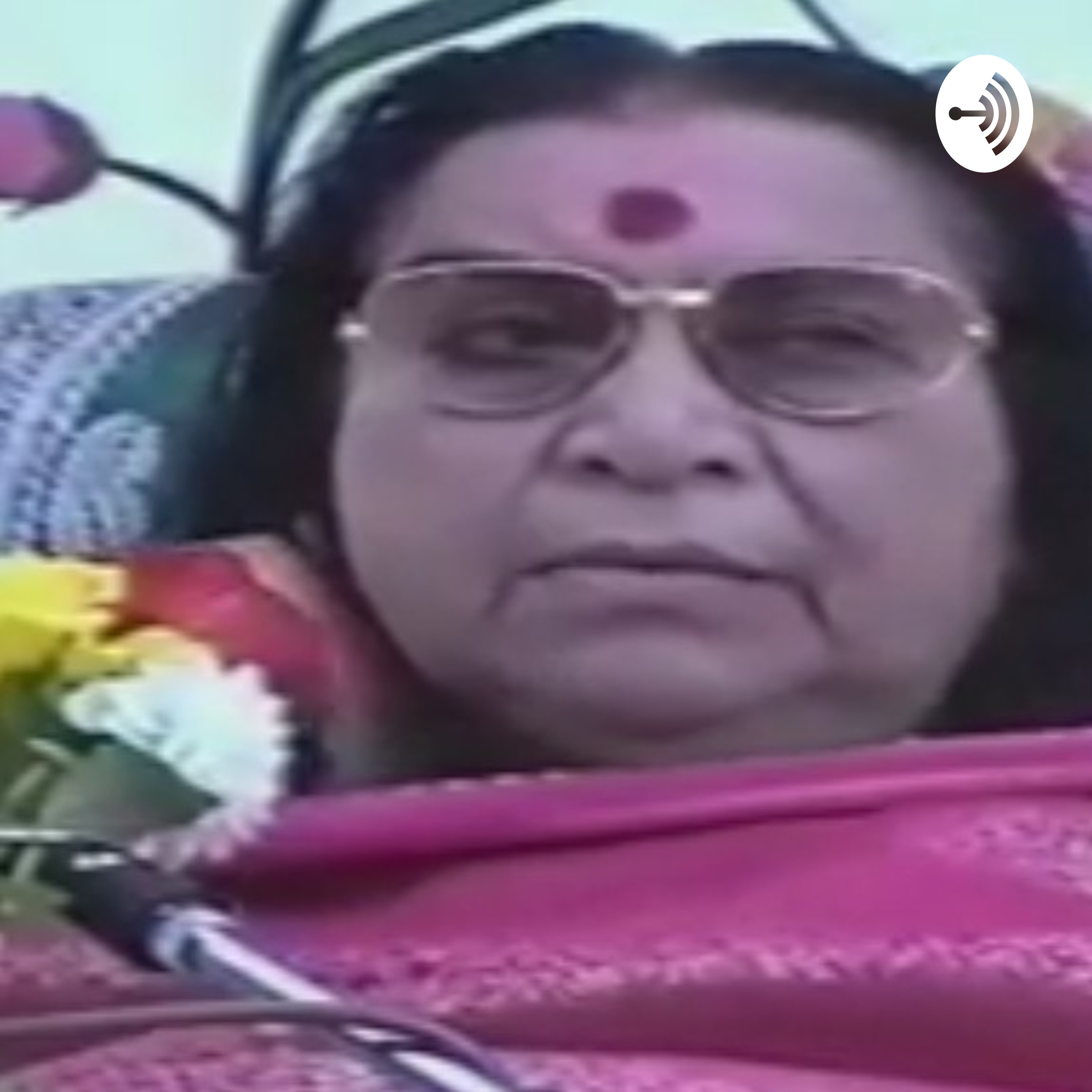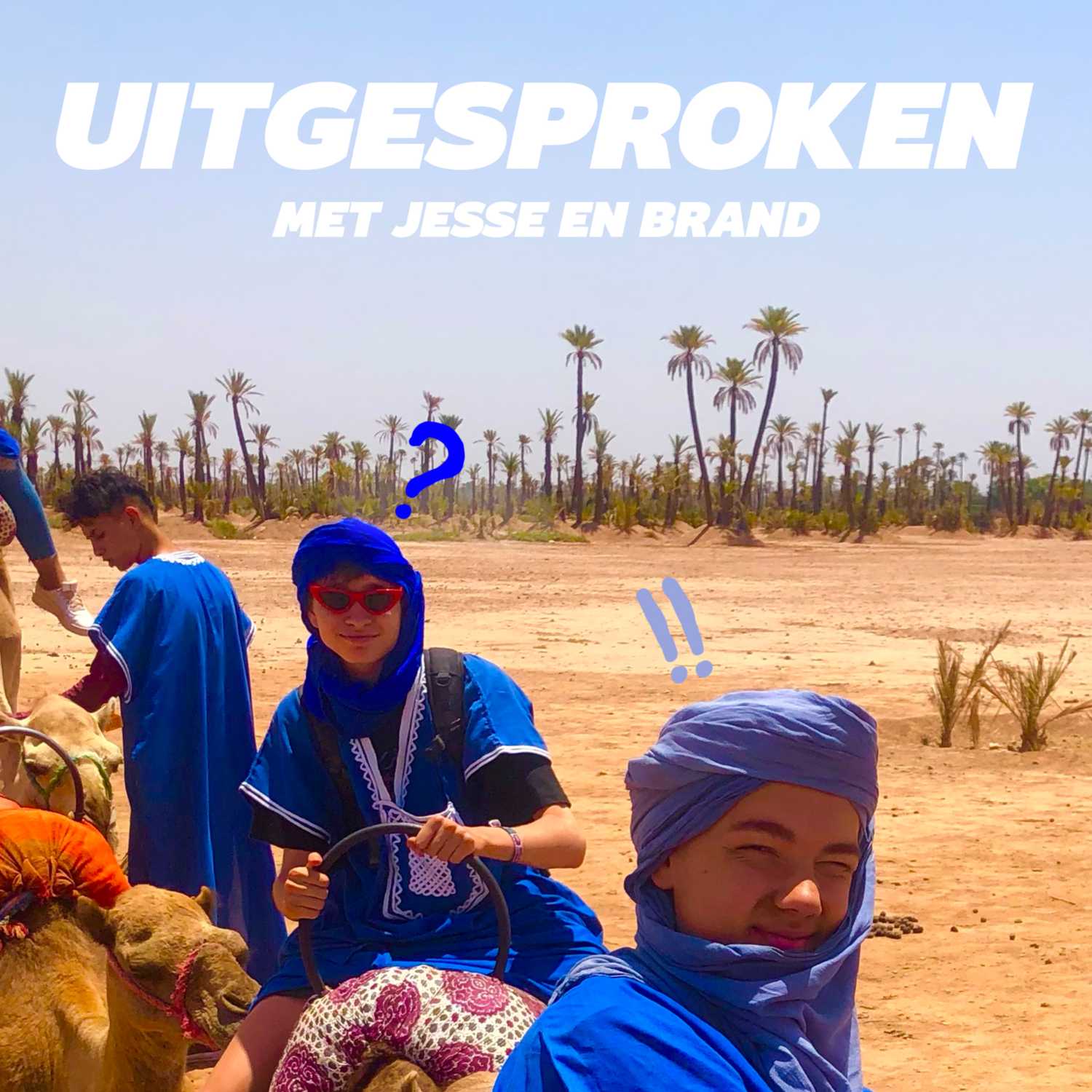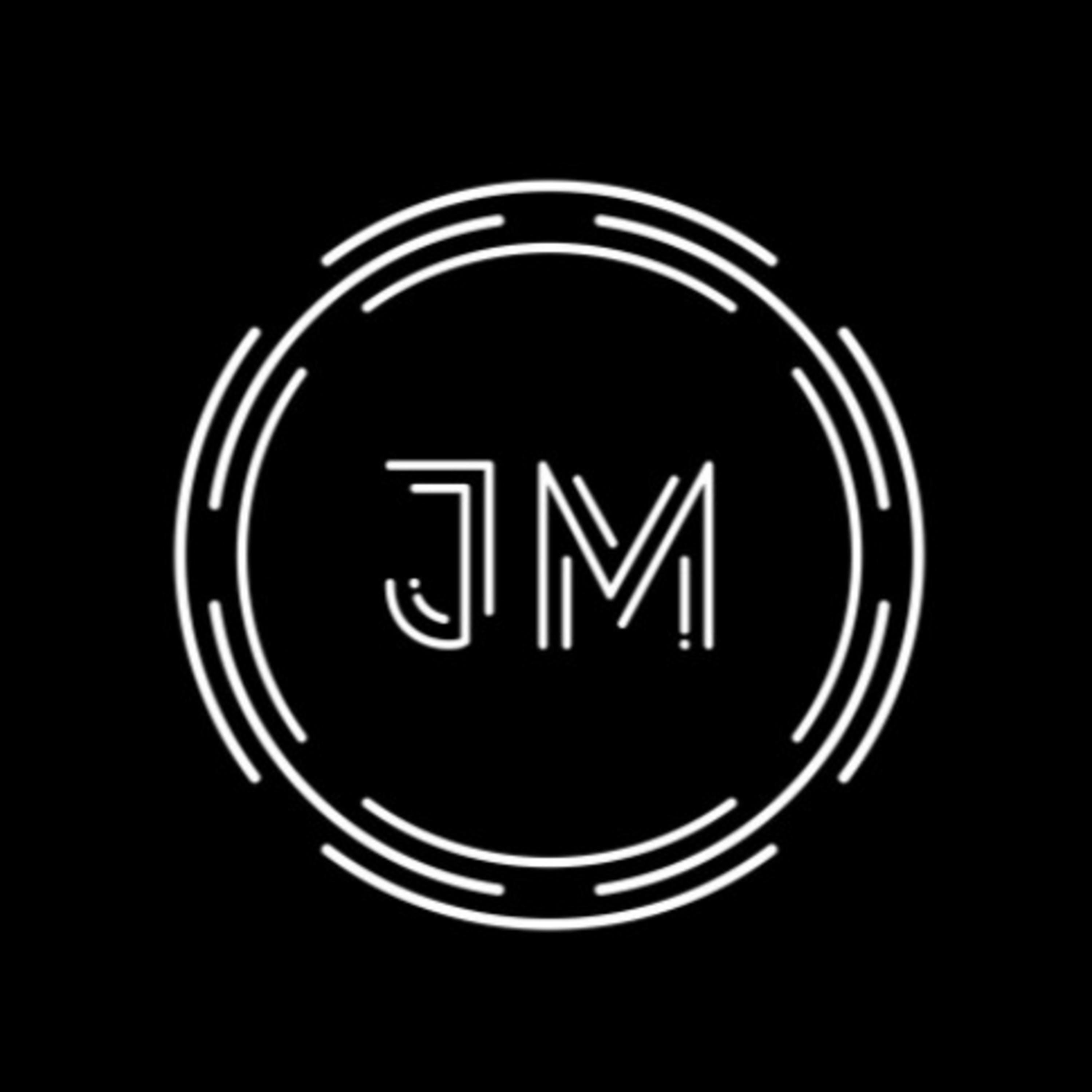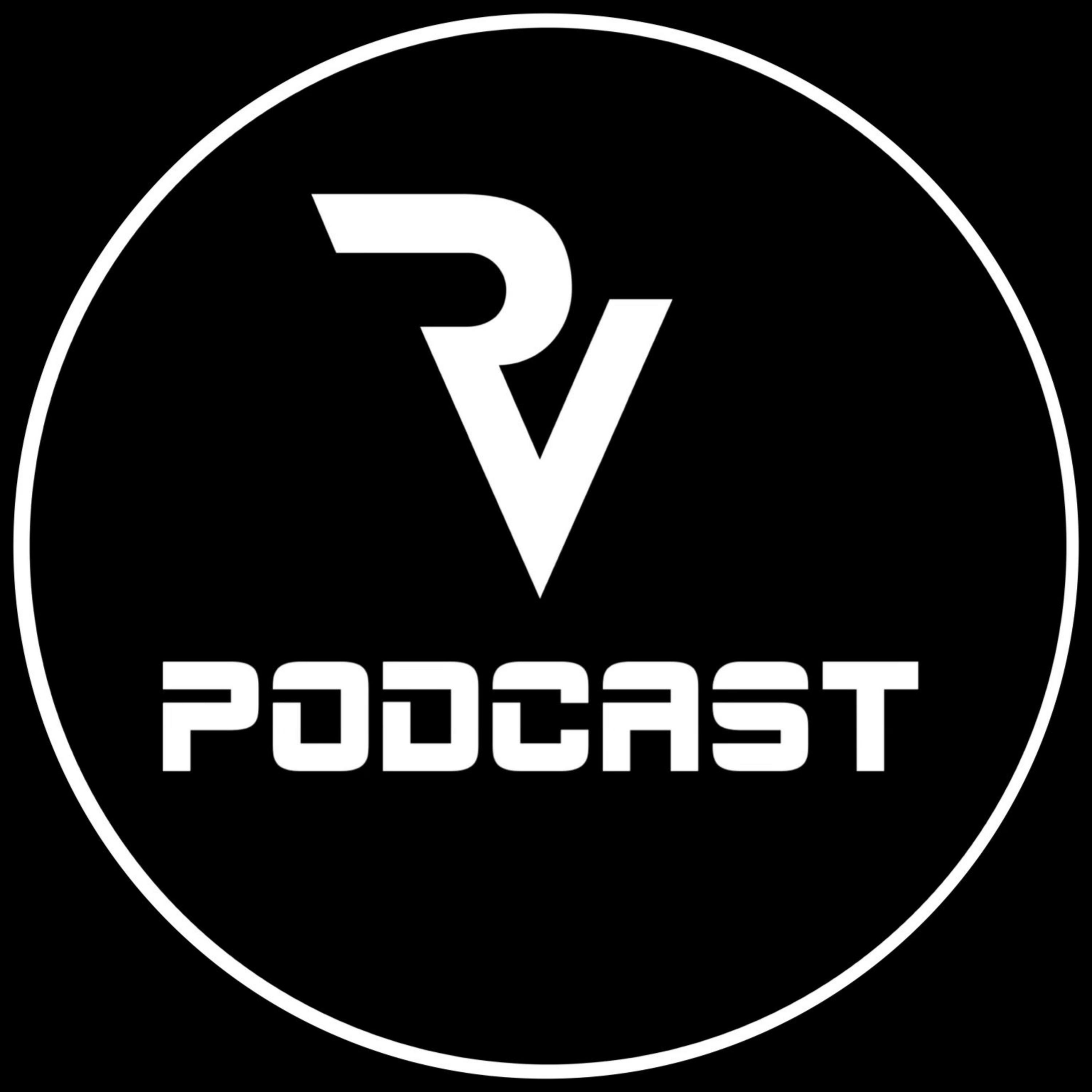 |
Creativity Excitement EmotionWith Artist Coach, Mentor & Digital Marketer David Andrew Wiebe Author: David Andrew Wiebe
Creativity Excitement Emotion features award-winning composer, best-selling author, and professional podcaster David Andrew Wiebe formerly of The New Music Industry Podcast. In addition to offering expert tips for musicians, artists, and creatives, the podcast delivers candid conversations, interviews, and roundtables with an array of artists, creatives, executives, marketers, coaches, and entrepreneurs. Favoring a storytelling approach, Wiebes new podcast is chock-full of personal stories and examples that equip the listener with valuable takeaways they wont soon forget. Language: en-us Genres: Business, Entrepreneurship, Music, Music Interviews Contact email: Get it Feed URL: Get it iTunes ID: Get it |
Listen Now...
100 – Unclogging Your Creative Flow: Why Tying Up Loose Ends Unlocks Opportunities
Friday, 15 August, 2025
Have you ever felt like you're spinning your wheels creatively, unable to move forward despite having talent and ideas? Do you find yourself surrounded by half-finished projects, unopened mail, and organizational chaos that somehow feels manageable but might actually be holding you back? Perhaps you've dismissed the importance of "getting organized" as something that doesn't really affect your creative output—after all, you know exactly where that important document is in the third pile from the left, halfway down. In this practical and eye-opening episode of Creativity, Excitement, and Emotion, David explores the often-overlooked connection between tying up loose ends and creative breakthroughs. Drawing from his current experience of managing a move, car repairs, client projects, and the concept of "vibrational escrow," he reveals how uncompleted tasks and disorganization can literally block opportunities from flowing into your life. Whether you're struggling with creative blocks, feeling overwhelmed by commitments, or simply wondering why success feels elusive despite your efforts, this episode provides both the framework and motivation needed to clear the energetic and practical clutter that may be standing between you and your next breakthrough. Sponsors: Productivity, Performance & Profits Blackbook: Get a free copy of the “Definitive Guide to Productivity for Entrepreneurial Artists.” Get coaching: Stuck in your creative career? Not sure what to do next? Want to take things further? Book your personalized coaching session with David today. Highlights: 00:17 – Tying up loose ends 01:23 – Why organization matters 03:40 – David’s current loose end inventory 10:00 – What David has learned and discovered on this journey 19:43 – Closing thoughts Summary: In this practical and revealing episode, David delves into the often-overlooked connection between organization and creative success. Through his personal experience of managing multiple loose ends—from car repairs to moving to client projects—he demonstrates how incomplete tasks and disorganization can actually block opportunities from manifesting in your creative career. Key Themes & Takeaways The concept of "vibrational escrow" and how incomplete tasks block incoming opportunities Why top performers tend to be highly organized and how this affects creative output The mental clarity that comes from reducing commitments and completing projects How delegating to experts frees up creative energy for higher-value activities The surprising connection between physical organization and new opportunity flow The Vibrational Escrow Principle David introduces a compelling concept about how incomplete tasks affect our ability to receive new opportunities: The idea that certain things are "waiting for you" but require completion of current tasks to arrive How unfinished projects occupy mental space and block creative flow Why defining when something is "done" is crucial for moving forward The importance of unclogging your system to allow new opportunities to flow "When you don't flow things out, it does affect your ability to create, attract, and manifest what is already on its way... there's things that are for you, waiting for you, and they're gonna come to you at the right time, but that doesn't mean you don't have to do anything." This framework provides a compelling reason for addressing organizational challenges beyond simple productivity benefits. David's Current Loose Ends Inventory To illustrate the principle, David shares his actual current list of items requiring completion: Car repairs and maintenance – delegating to automotive experts rather than ignoring warning signs Moving logistics – relocating within the Vancouver area with minimal possessions but strategic planning Furniture acquisition – purchasing only essentials (bed, desk, office chair) for the new space Current rental cleanup – hiring professional cleaners rather than doing it himself Project management – completing client work while passing some projects to qualified beginners File organization – addressing physical mail and documentation systems Accounting maintenance – implementing regular bookkeeping rather than annual rushes This practical inventory demonstrates how even successful creators accumulate loose ends that require systematic attention. The Expert Delegation Strategy David emphasizes the importance of delegating tasks outside your zone of genius: Why hiring professional cleaners makes more sense than doing it yourself How automotive expertise prevents costly mistakes and ensures quality work The recognition that managing people may not be everyone's entrepreneurial strength The value of identifying your weaknesses and finding others who excel in those areas "I'm delegating responsibility to a capable expert... It's generally not the best and highest use of my time and energy. And so, it is much better in the hands of an expert who I know is going to do a thorough job." This perspective helps creators focus their energy on activities that truly require their unique skills and talents. The Organization-Opportunity Connection Drawing from Dr. Robert Anthony's work, David explores how physical organization correlates with professional opportunities: The claim that "top performers are always organized" How organizing and purging physical spaces can result in an inflow of new opportunities Why clearing your office, filing documents, or cleaning up digital spaces seems to create space for new possibilities The psychological and energetic effects of completing mundane tasks "When you actually sit down and do that, it seems to make a difference. New opportunities start to flow in. So, if things are slow in your career, if things are slow in your business right now, and you're looking for more inflow, clean up, tidy up, tie up loose ends." While acknowledging this might sound "crazy," David validates the experiential reality many creators report when they address organizational backlogs. The Mental Clarity Factor David shares a powerful personal example about how reducing commitments improves creative thinking: His experience with home ownership becoming a mental burden that consumed creative energy How selling his house and moving to a more affordable basement suite created clarity The connection between financial stress and creative block How debt-free living enabled him to start writing books "I had so much clarity of mind that didn't exist before, and that made it possible for me to start writing books... what stressors do you have in your life that are keeping you from fully engaging in the projects you actually say you wanna do?" This honest reflection demonstrates how external circumstances can either support or undermine creative capacity. The Management Realization David candidly admits to discovering a weakness in his entrepreneurial skill set: Recognition that he doesn't enjoy managing people despite being promoted to team lead in his day job The difference between workplace management (structured, supported) and entrepreneurial management (independent, unstructured) Why micromanagement feels antithetical to his values and working style The importance of finding people who excel at people management to advance projects "I realized a major weakness of myself, at least in an entrepreneurial capacity... managing people is not one of my strengths. And I especially hate micromanaging." This self-awareness helps explain why some highly capable creators struggle to scale their work beyond solo efforts. Action Steps for Creators For artists looking to apply these principles: Conduct an honest inventory of incomplete tasks and projects in your life Define clear completion criteria for each project to avoid endless mental loops Identify tasks that could be delegated to experts rather than handled personally Address financial and organizational stressors that may be consuming creative mental space Experiment with clearing physical and digital spaces to see if opportunities increase Recognize your entrepreneurial strengths and weaknesses to make better delegation decisions The Systematic Approach David concludes by emphasizing the importance of creating sustainable organizational habits: Moving from crisis-driven organization to consistent maintenance Finding integrated systems that handle multiple organizational needs (calendar, tasks, contacts) The importance of regular maintenance rather than annual organizational binges How small, consistent efforts prevent major organizational overhauls Additional Context This episode arrives during a period when many creators are reassessing their relationship with productivity and organization. Recent research from the Creative Professionals Institute shows that 78% of successful creatives maintain some form of regular organizational practice, though methods vary widely based on personality and working style. The concept David explores aligns with growing interest in the connection between physical environment and creative output. Studies in environmental psychology suggest that cluttered or disorganized spaces can indeed impact cognitive load and creative thinking, providing scientific backing for the more esoteric claims about organization affecting opportunity flow. Through practical examples and honest self-reflection, this episode provides both motivation and methodology for addressing the organizational aspects of creative careers that are often overlooked but may be more important than traditionally recognized.












